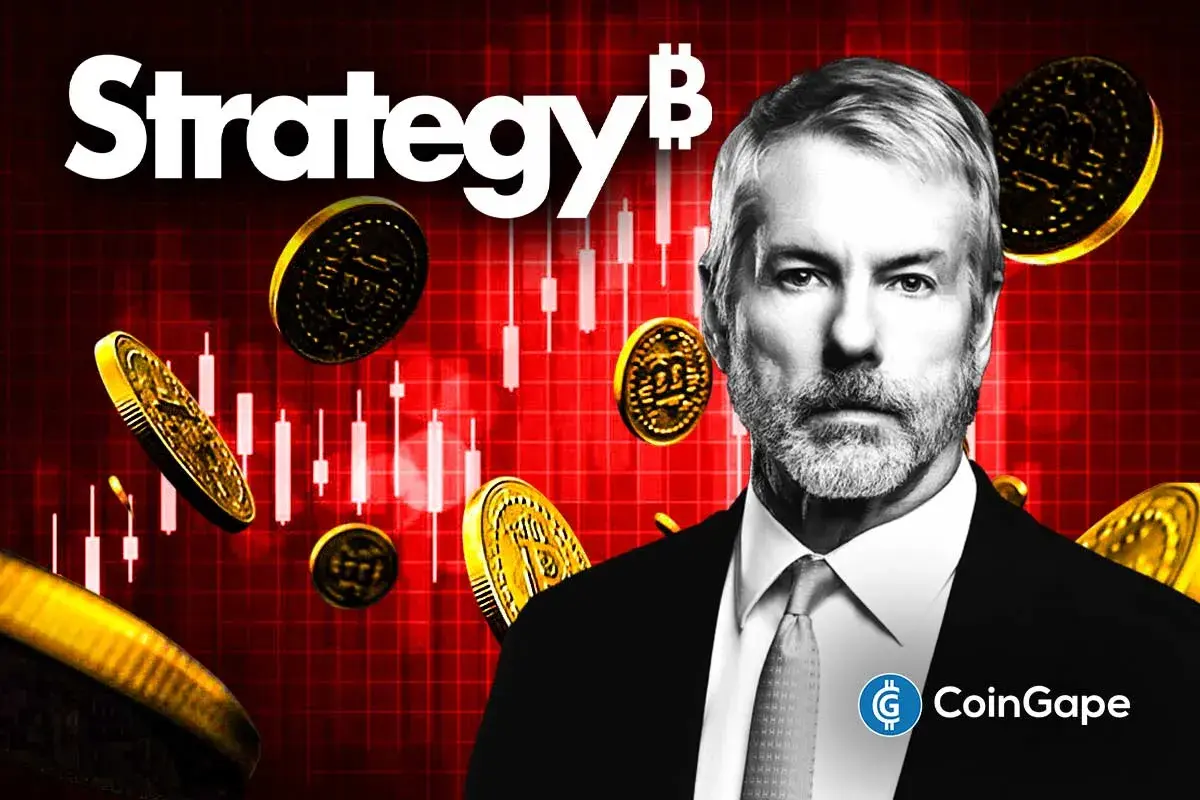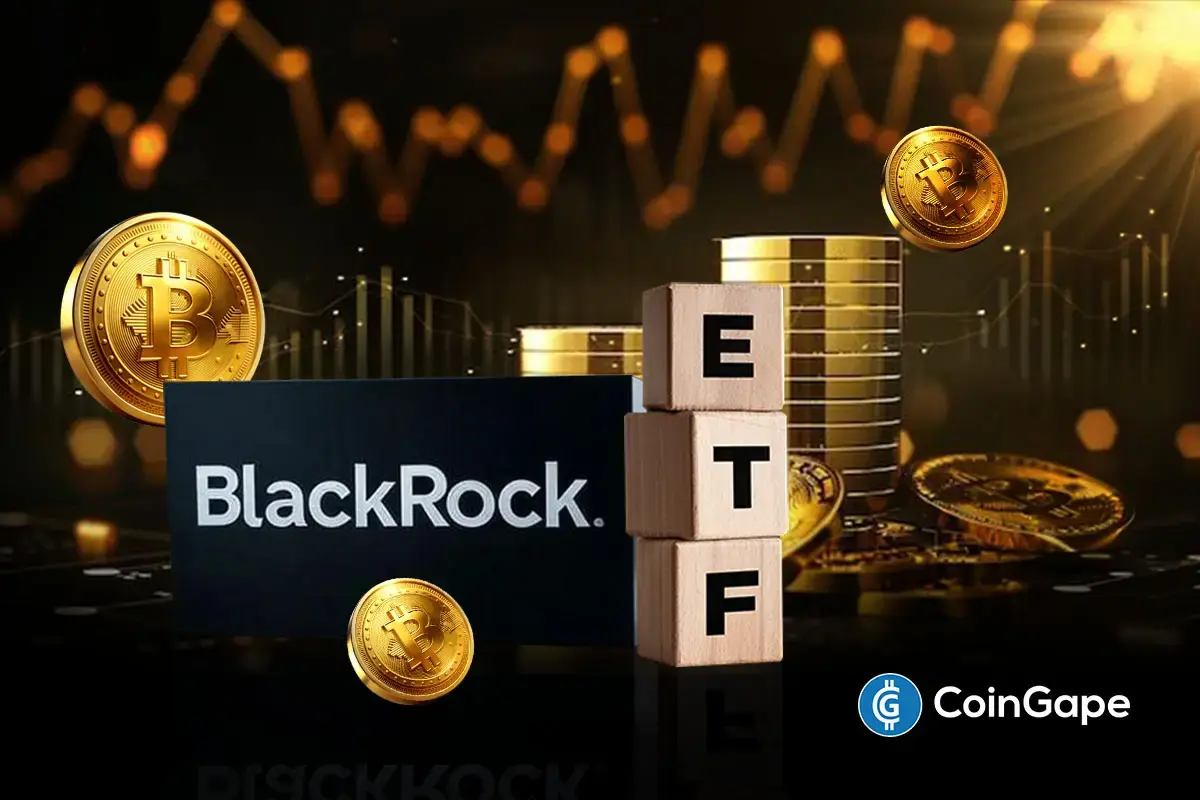Breaking: Grayscale Makes Amended Bitcoin ETF Filing After Silbert’s Exit

Grayscale has made another amended S-3 filing with the securities regulator, reported Bloomberg’s James Seyffart on Tuesday. The news came in hours after Grayscale Investments’ chairman, Barry Silbert, stepped down from the position.
Also Read: Grayscale Investments Reshuffles Board as Barry Silbert Steps Down
Grayscale accepts cash mandate
The filing is to convert the Grayscale Bitcoin Trust (GBTC) fund into a Bitcoin ETF. Seyffart reported that Grayscale is apparently “bending the knee” as it accepts the SEC’s mandate on cash-only orders.
The filing underlines, “Although the Trust creates Baskets only upon receipt of Bitcoins, and redeems Baskets only by distributing Bitcoins, at this time an Authorized Participant can only submit Cash Orders…”
“The Trust is currently able to accept Cash Orders,” the document added.
Notably, an S-3 form is a regulatory filing with the Securities and Exchange Commission (SEC) to issue new shares or convert existing securities into a different type.
The asset manager has updated its 2018 filing more than once. In November, it proposed two changes; the first one changed how they collect fees from a monthly to a daily fee structure. Secondly, it modified how assets are combined in an omnibus account to simplify the process of creating and redeeming shares.
Grayscale appears to be gearing up for competition with major players like BlackRock in the exchange-traded fund (ETF) market as they make strategic updates ahead of the crucial approval deadline in January.
Also Read: Grayscale Makes Two Key Amendments to Transfer its GBTC to spot Bitcoin ETF
ETFs can be disruptive
Meanwhile, Bloomberg’s senior analyst Eric Balchunas took to X to reiterate that ETFs are disruptive as they offer low-cost investment options.
He refers to recent comments from a cryptocurrency exchange leader who warned that Bitcoin could disappear if ETFs were to get approved, viewing this as fear-mongering similar to what was seen with high-fee active managers and hedge funds.
Balchunas highlights the stark contrast in earnings between crypto exchanges and ETF markets, despite the former having significantly less volume. The analyst notes that crypto exchanges earn much more and suggests that the introduction of cost-effective ETFs could significantly challenge the current profitable model of many crypto exchanges.
Also Read: Spot Bitcoin ETF Approval Can Allow More Crypto Exposure to 401(k) Retirement Plan
Play 10,000+ Casino Games at BC Game with Ease
- Instant Deposits And Withdrawals
- Crypto Casino And Sports Betting
- Exclusive Bonuses And Rewards

- Crypto Market at Risk as U.S.–Iran War Threatens Inflation With Oil Price Surge
- Polymarket U.S.–Iran Strike Bets Fuel Insider Trading Speculation as Crypto Traders Net $1.2M
- Cardano’s DeFi TVL Climbs as USDCx Stablecoin Launches on Network
- Gold vs. Bitcoin: Can Gold Outperform BTC Amid US–Iran Conflict?
- Bitcoin Faces $1.8B in Panic Selling as U.S.-Iran Airstrikes Escalate; Will BTC Crash Below $60k?
- Top Analyst Predicts Pi Network Price Bottom, Flags Key Catalysts
- Will Ethereum Price Hold $1,900 Level After Five Weeks of $563M ETF Selling?
- Top 2 Price Predictions Ethereum and Solana Ahead of March 1 Clarity Act Stablecoin Deadline
- Pi Network Price Prediction Ahead of Protocol Upgrades Deadline on March 1
- XRP Price Outlook As Jane Street Lawsuit Sparks Shift in Morning Sell-Off Trend
- Dogecoin, Cardano, and Chainlink Price Prediction As Crypto Market Rebounds

 Buy $GGs
Buy $GGs

















